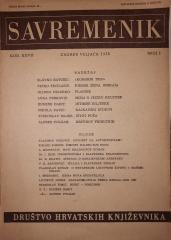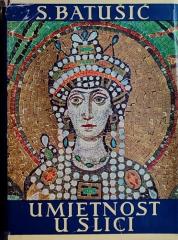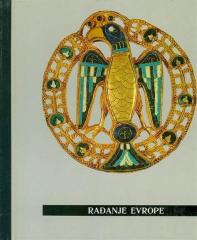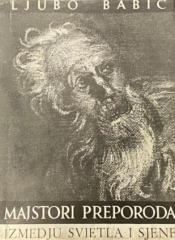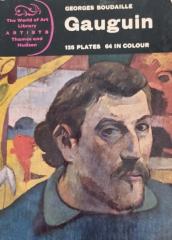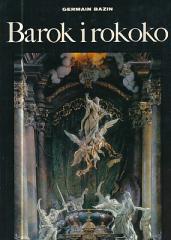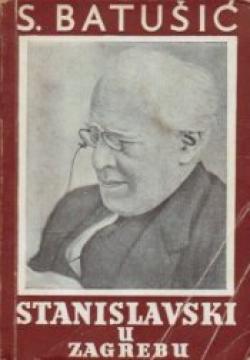
Stanislavski u Zagrebu - sjećanja, svjedočanstva, dokumenti
"Stanislavski in Zagreb" by Slavko Batušić is a collection of precious materials about Konstantin Stanislavski's visit to Zagreb in 1922. Today, a rare antiquarian treasure, it reminds us of forgotten moments of glory in Croatian theater.
Batušić (1910–1990), a Croatian theatre scholar, critic and theatre historian, author of numerous works on the domestic and international scene (e.g. “History of the Croatian Theatre”), here reconstructs a key moment for Croatian acting: the visit of the Moscow Art Theatre (MAT) under the leadership of Stanislavsky and Nemirovich-Danchenko.
The book contains the memories of contemporaries – actors, directors and critics – such as Miro Adžija, Marija Babić and Stjepan Krizin, as well as documents: letters, contracts, programme notes and reviews. MAT performed from 12 to 18 September at the Croatian National Theatre with the repertoire of “Tsar Fyodor Ioannovich” by A. K. Tolstoy, “The Cherry Orchard” by Chekhov, “Three Sisters” by Chekhov and “At the Bottom” by Gorky, and delighted the audience with the depth of psychological truth and performance, introducing Stanislavsky’s system (“emotional memory”, “method of physical actions”) into the Croatian context. Batušić points out that the visit, despite failed negotiations with Belgrade (where the offer of the Yugoslav National Theatre led to its cancellation), became a symbol of cultural exchange: Stanislavski taught workshops, advised local actors and stressed the importance of the collective as opposed to the prominence of individual stars.
In the post-war context, the book highlights the influence on the development of socialist realist aesthetics in Yugoslavia: Stanislavski's discipline, equality of roles and dedication to the task become the basis for the new Croatian theatre, criticising pre-war superficiality. A quote from the memoir: "Stanislavski taught us to look within ourselves, not only at the audience." The documents reveal logistical challenges – the journey via Vienna, financial disputes – but also enthusiasm: packed halls, reviews in "Jutarnji list" praising "Russian depth".
As a pioneering work, the book influenced later studies (e.g. "History of the Croatian Theatre" by Nikola Batušić), recalling Stanislavski as a bridge between European modernism and the Yugoslav scene. In an era of ideological change, Batušić's collection is not just an archive, but a manifesto about theater as a tool for spiritual growth: "The theater is a mirror of the soul of the people, and Stanislavski is its brightest reflection."
Two copies are available
